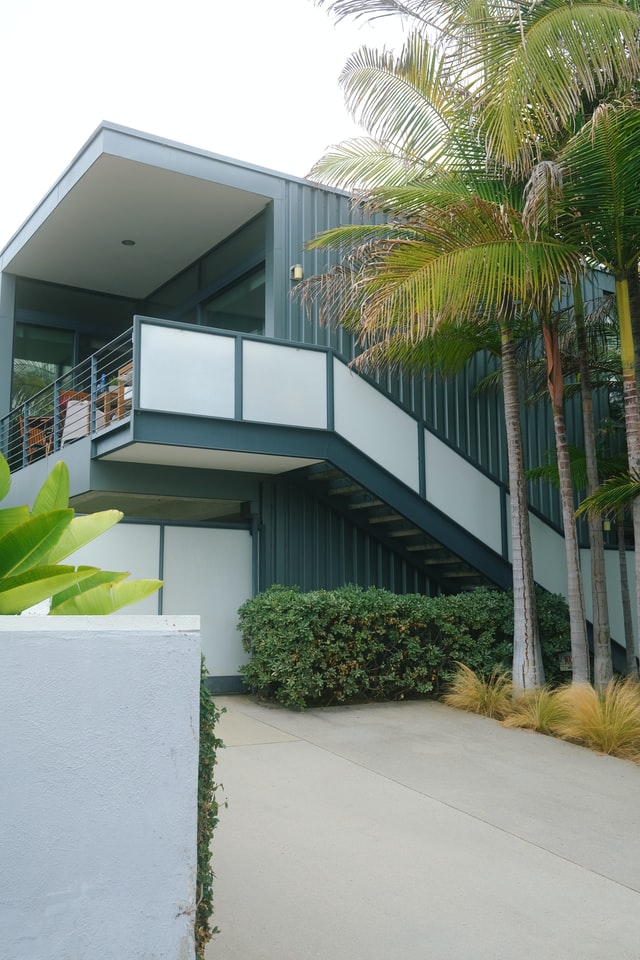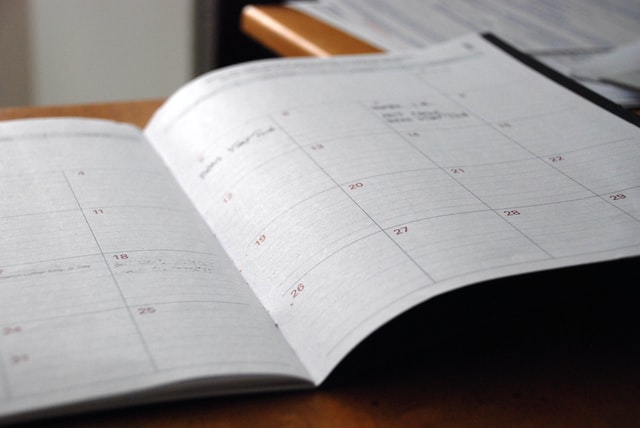How To Choose The Right Property Manager For Your Investment

The three things you should think about when buying an investment property are location, cost, and management. Why?
A property's location is the most important factor in its performance. A good location must have a large number of renters able and willing to lease the property. Rental rates in the area must also be high enough to permit good returns on the investment.
The second factor— cost — includes the purchase price of the property, the cost of capital, as well as the cost of repairs. You want to keep these as low as possible because they influence the operational cost of the property and your monthly profits.
The third factor to think about is how you will operate the property. This is the aspect of rental property ownership that investors often to fail to think about. But how will you oversee the affairs of a rental should be at the forefront of your considerations when buying a property.
There are two ways to manage a rental property and the method you cgoose has important implications for your success as an investor. You can self-manage the property, in which case you will be responsible for marketing the property, dealing with tenants, and handling maintenance issues.
Managing an investment property yourself is not the way to become a successful property investor. This approach denies you the one thing you want from an investment property: passitivity. You want the income you earn from your property to be passive; not tied to how much time you put into the property.
The only way to make an investment property a source of of passive income is to enlist the services of a professional property manager. This is the second way to manage a rental property and the preferred method if you really want to grow as a property investor. So, why is this method better?
Benefits of Professional Property Management

Getting a property manager for your rental property will do the following for you:
- Help you price the property accurately
- Give you access to professional marketing
- Help you attract the best tenants
- Ensure rent collection is consistent
- Let you deal with maintenance issues promptly and properly
- Lead to higher tenant retention
- Increase occupancy rate
- Improve monthly accouting and record-keeping
- Help you avoid legal issues
How to choose the right property manager
Hiring a property manager is clearly the better way to manage a rental property. This option gives you the freedom to do other things while your investment continues to make you money. And in order for this to happen, the property manager you hire is critical.
What are the things to look for when choosing a manager for your investment property?
1. Choose someone who is specialized

Look for a property manager who specilaizes in your particular type of property. If you own a residential property do not hire a property manager whose experience is with commercial properties. You do not want that person learning the ropes of managing that kind of property with your investment. Avoid estate agents who pose as property managers; they rarely have the required training.
2. Review their credentials
Most municipalities require property managers to be licensed. There are also professional bodies that oversee the training and activities of property managers. Organizations such as The National Association of Residential Property Managers (NARPM) have stringent qualification criteria for their members. Ensure the property manager is properly trained, licensed, and a member of the local chapter of their professional organization.
3. Give preference to local experience

Experience matters when managing properties. Unless you have been doing tis for years, there are things that you may not have sufficient knowledge such as how to screen potential renters, ensure prompt rent payment, or reduce the cost of repairs in a building. And it is not just enough to hire a property manager with experience, that experience must also be local.
4. They must have a track record of performance
You can measure the success of a property manager by looking at the performance of the properties they have under management. The best property managers have developed systems that let them fill units quickly with the best kinds of tenants. They also know how to collect rents consistently and expedite evictions.
5. How organized are they?

Managing an investment property is a multifaceted endeavor. In order to stay on top of all issues with the property, a manager needs tools and systems that aid their productivity. The best property managers know the value of using software programs that help with customer complaints and rent collection. They also know the value of having a great team of handymen, lawyers, tax accountants, etc.
6. How much do they charge?
Typically, property managers charge 8-12% of the rent they collect, depending on the number of units in a building and how long the lease is. In addition to rents, there may be other sources of revenue from the property. Make sure the fees are reasonable and the processes are transparent. You may want to see a sample of the contract the property manager offers their clients.





